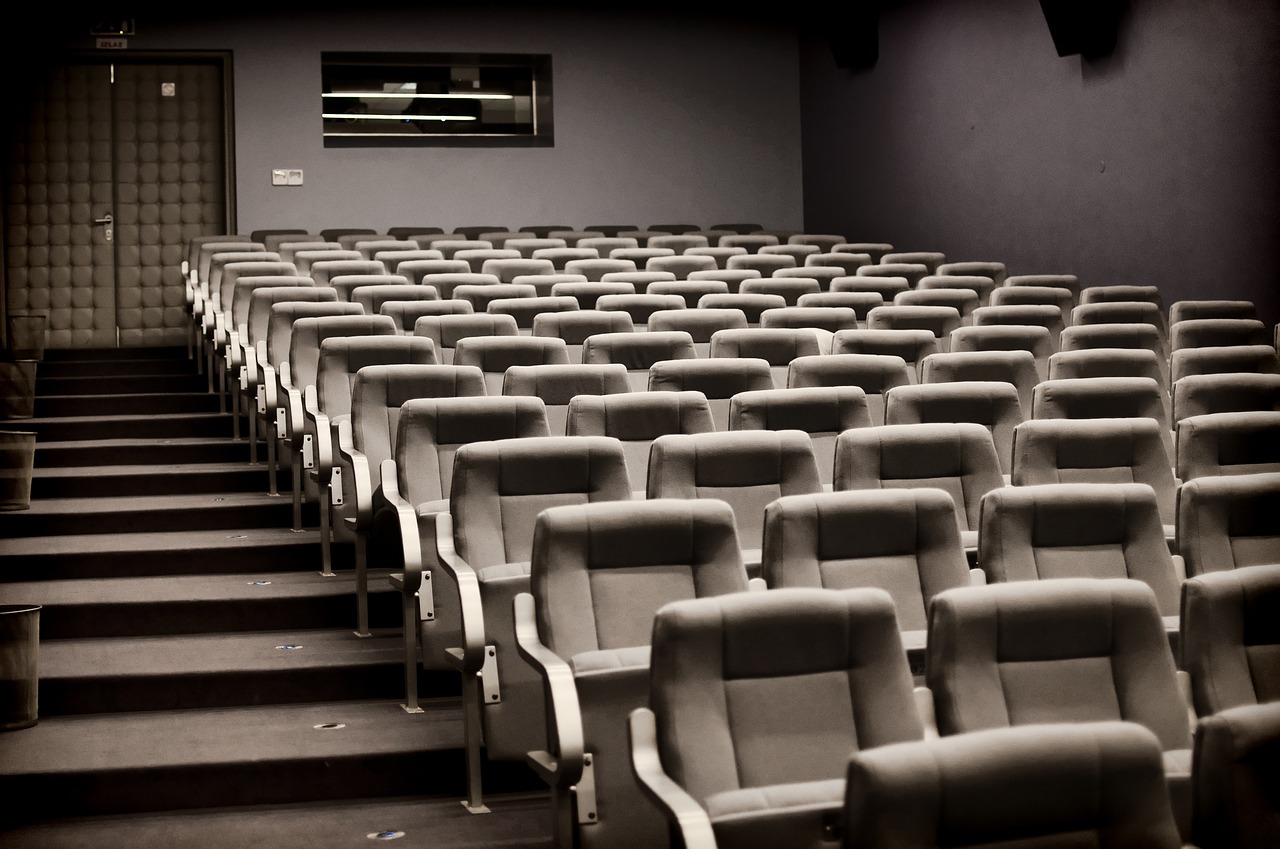
You eagerly arrive for your soundcheck only to discover there about 2 people at the venue. By some miracle you hope that the place will fill up by the time you have to start playing. Suddenly the other band that’s on the same bill pitches up and at least the place doesn’t seem so empty anymore. You try to convince yourself that a few of their friends are bound to show up. Come 30 minutes past the time you’re supposed to be up on stage kicking off the first number, and collectively you decide as a band that it’s better to start now instead of disappointing the venue owner even further. After all, the 3 people that showed probably won’t cover the cost of booking entertainment for the night.
If you haven’t entered into the performing arts just yet, then the above scenario is likely one you will face if not once, dozens of times through out your career. An empty venue can be very disappointing for a performer, especially if you’ve invested a lot of time and effort in to your performance. Playing for a large packed out arena can be just as unnerving as playing for nobody. I remember Brian May saying in an interview that the bigger the gigs became, the less nervous he felt.
Where Are the People?
Instead of dwelling too much on why nobody showed (below), you should focus your energies on the final point, which is DIY promotion.
Week night – In general, you can’t expect the same turnout on a week day that you would over a weekend. The best turnouts happen on Fridays, Saturdays and Thursdays.
Too similar – What separates your band from the one that played the night before you? There are dozens of cover bands that all play the same music, as well as catering to audience requests. Then there are dozens of original artists all competing for some attention from an audience. If you can’t provide a higher value than the band that played before you, why would your fan base increase? A venue can only draw so many people who are subjected to much similar entertainment night after night.
Unpredictable factors – There are many unpredictable factors that can cause a bad turnout on a particular day, for example bad weather or a bigger event happening at the same time.
Location – If you’re playing far away from your fan base, you can’t expect much of a turnout if nobody has even heard your name before. This can usually happen on tour, which is why you should avoid locations where your music probably wouldn’t be suitable.
Dealing with the Problem
Although an empty room can be disappointing, you will never get a better opportunity to experiment with new ideas and concepts, on your own or as a whole band. I remember in one instance, and although I don’t recommend it, I used this exact scenario to assess what affect a large amount of beers would have on my performance. Thankfully the only people present to witness the experiment was the other band, and it actually ended up being a fun and memorable night. You should aim to turn your focus to the enjoyment of playing your instrument, and not an expectation of an audience watching you play.
A suggestion I would make would be to realize that an empty audience may not only equal disappoint for you or your band, but it could also mean a financial loss for the promoter or venue that hired you. In these situations, nothing prevents you from giving some money back to the organizer that has taken the risk of promoting you. It seems only fair that they shouldn’t have to pay you in full if they end up losing money. By doing this you stand a good chance of lengthening your career and promoting positive working relationships.
DIY Promotion
I’ve been in the position many times where the only audience members are the other band that’s on the same bill, the sound engineer and the bar guy. It can be uncomfortable, right? What you should come to understand is that a mindset shift is required if you’re really interested in building a career in music, with a significant following. This usually doesn’t happen if you’re playing music just for fun, with no serious goals for the future. Unless you have a large group of friends, you won’t be able to sustain a career for very long. Bands that do “well” are just very focused on the promotional side of the music business, and don’t simply book a few gigs and ‘hope for the best’.
Venue owners don’t do much promoting themselves. At best you will draw a couple of people as a result of the venue, which will remain constant unless you start focusing on some of your own promotional efforts. Here are a few suggestions.
Social media – If you aren’t already creating Facebook events for your gigs, then you probably won’t be applying to a marketing firm any time soon.
Invitations – A physical invitation to your gig can be very refreshing considering the amount of Facebook events and digital promotion of today.
Posters – Creating attractive posters and flyers can be very effective for drawing an audience, especially when placed in high traffic locations.
Sponsorships – Why not enquire about some sponsorship opportunities from a brand that you commonly use? This will open you up to larger promotional platforms like radio and newspaper.
